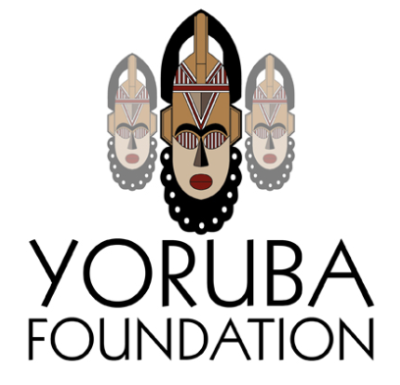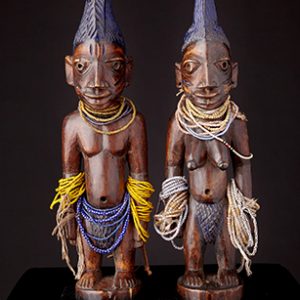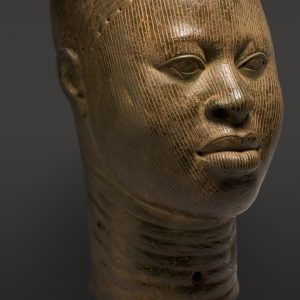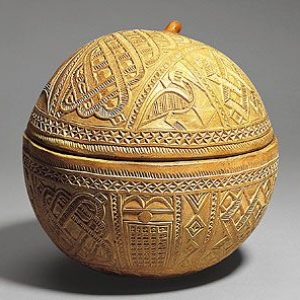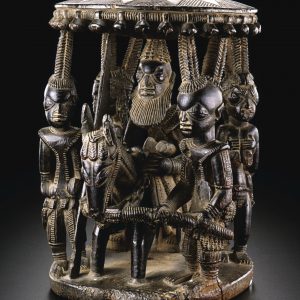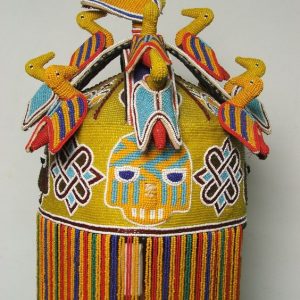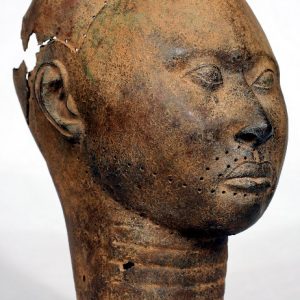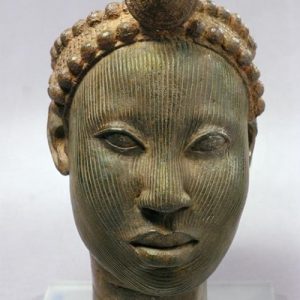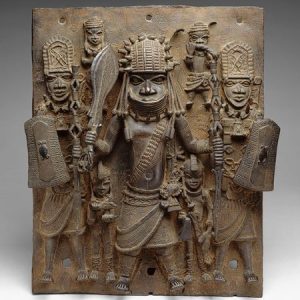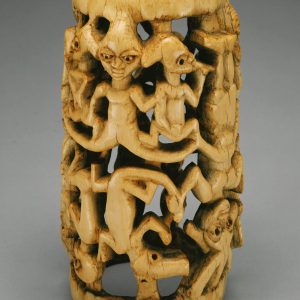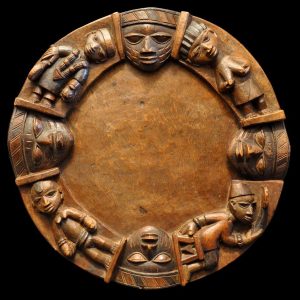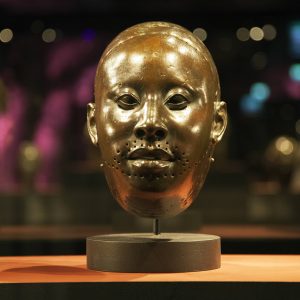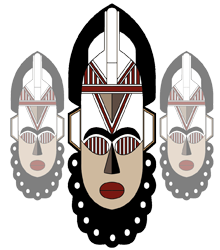THE YORUBAS
The Yoruba people of southwest Nigeria are one of the most interesting and important peoples of Africa and no African group has had greater influence on new world culture. The Yoruba are one of the largest ethnic groups in sub-Saharan Africa and one of the most important owing to the impact their art, culture and religion has had not only on Africa but on the world.
In the UK, the Yoruba’s are the largest African group of people from outside of Africa and they make immense and worthy contributions to the social, cultural, educational, political, and commercial fabric of the UK.
This influence persists as Yoruba religious tradition, remains the world’s most prevalent religion of African origin, increasingly practised in slightly varying forms throughout south America, the Caribbean, the United States of America, and Europe.
THE HISTORY
The Yoruba are an ancient people with roots that date as far back as1500BCE and were the rulers of the great Oyo kingdom, a west African empire that stretched from south west Nigeria to Zaire and Sudan. From the city of Ile-Ife a great cultural and philosophical tradition began which has fascinated historians, archaeologists, anthropologists, artists, and other students of Africa till this very day.
THE CULTURE
The arts of the Yoruba’s are as numerous as their deities and many objects are placed on shrines to honour the gods and ancestors. Varied masking traditions have resulted in a great diversity of mask forms. Additional important arts include pottery, weaving, bead-working and metalsmithing. Historically, the Yoruba are primarily farmers, growing cocoa and yam as cash crops. The traditions of bronze casting and wood sculpture, theatre, dance, poetry, and other art forms date back over a thousand years and prove the sophistication of the Yoruba in African arts and crafts.
IFA Orisa
Traditional belief is based on the worship of a supreme deity called Olodumare and various deities known as Orisa’s and Irunmole’s. The system of divination called IFA- Orunmila through the Holy Odu’s (Holy Verses) spread not only throughout Yorubaland of west Africa but to other countries around the world such as Latin America, Caribbean, and America where Yoruba’s were taken to European colonies in slavery.
The complexity of the Yoruba cosmology has led western scholars to compare them to the ancient Greeks and their impressive pantheon.
Yoruba mythology holds that in primordial times, a deity known as Obatala descended from Orun (Spiritual world) to a water laden earth, spread a handful of soil that would form continents and settled onto a spot that would later be called Ile-Ife. Obeying his mandate from Olodumare (Creator of the Universe) Obatala moulded from clay the very first human beings at that very place and where Olodumare first gave humans the greatest gift of existence. The breath of life.
New World
The Yoruba who are predominantly from the west coast of Africa were taken into slavery to British, Spanish, Portuguese, and French colonies in Latin America, the west indies, and the Americas. They maintained Yoruba traditions and culture using the roman catholic religion as a disguise to name and worship the Orisa’s.
In the west indies, Yoruba culture, and religious practice of Yoruba deities (Orisa) has been maintained through IFA-Orisa, Voodun and Santería which is todays societal adaptation of Ifa-Orisa with Catholicism. In Latin America Yoruba religious practice gave birth to new world religions such as Umbanda, Lucumi and Candomblé.
The pantheon of Yoruba Deities has survived virtually intact, along with a complex system of rites, beliefs, music, dance, and myths of Yoruba origin which continues to grow in identity and practice around the world.
Information compiled and edited by
Yoruba Foundation
Learning & Education
